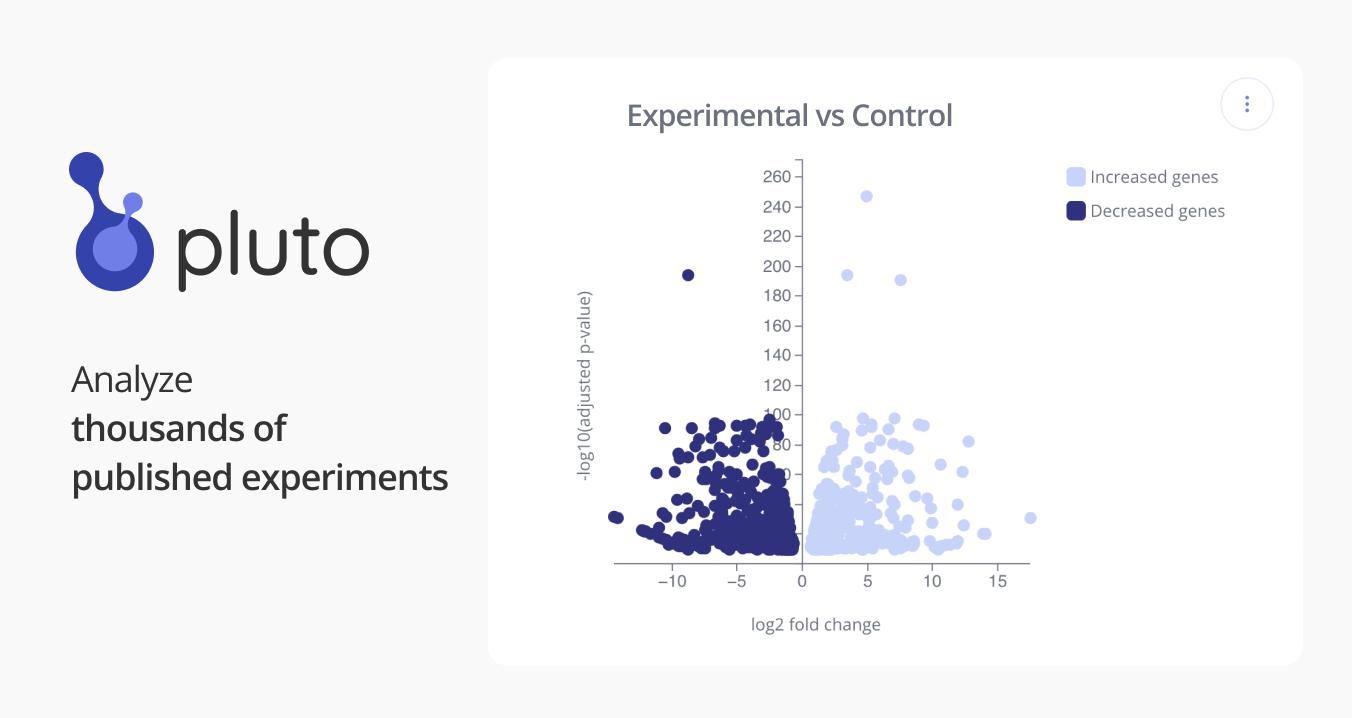Pluto Bioinformatics
GSE133328: Cathepsin D deficiency in mammary epithelium transiently stalls murine breast cancer by interference with mTORC1 signaling
Bulk RNA sequencing
Cathepsin D (CTSD) is an aspartic protease mainly located within the endosomal/lysosomal compartment where it participates in intracellular protein breakdown. In breast cancer, CTSD is overexpressed and suggested as an independent marker of poor prognosis but the cells responsible for this association as well as the mode of action remain unclear. Here we use a conditional CTSD knockout mouse, which allowed cell type-specific inactivation of CTSD in the transgenic MMTV-PyMT (PyMT) breast cancer model. We demonstrate that CTSD deficiency in mammary epithelial cells, but not myeloid cells, blocks tumor development in a cell-autonomous manner. By comparing CTSD-expressing with CTSD-deficient tumor cells from this model, we show that lack of CTSD induces cellular senescence and disrupts mechanistic Target of Rapamycin Complex 1 (mTORC1) signaling under starvation. While senescence is reversed under long-term starvation by rewiring oncogenic signaling pathways and gene expression, mTORC1 signaling remains permanently disabled in CTSD-deficient PyMT cells. Together, these studies reveal a tumor cell-autonomous effect of CTSD deficiency, and establish a pivotal role of this major aspartic protease in the cellular response to oncogenic stimuli. SOURCE: Maria,Elena,HessBoerries Lab Universitaetsklinikum Freiburg
